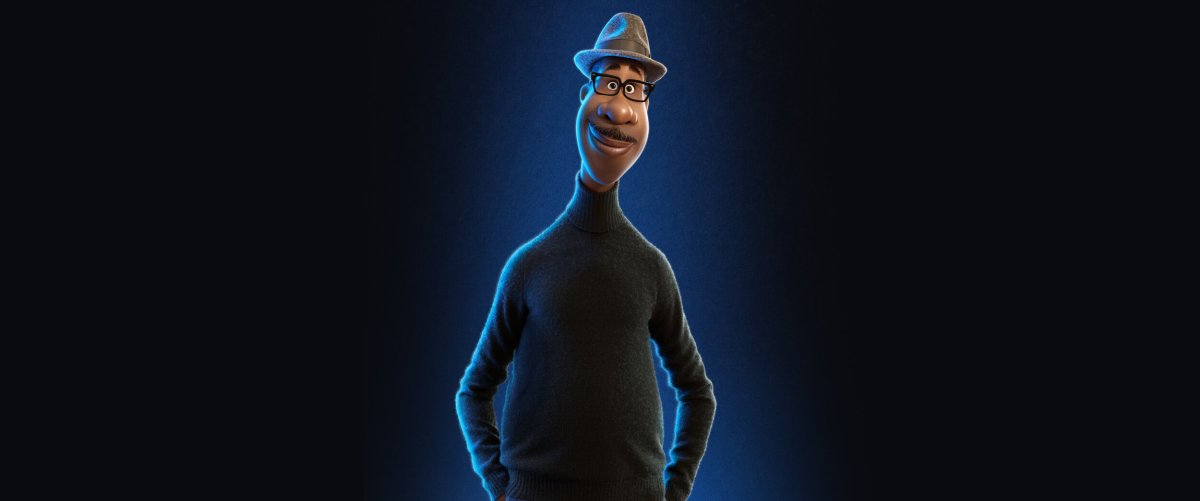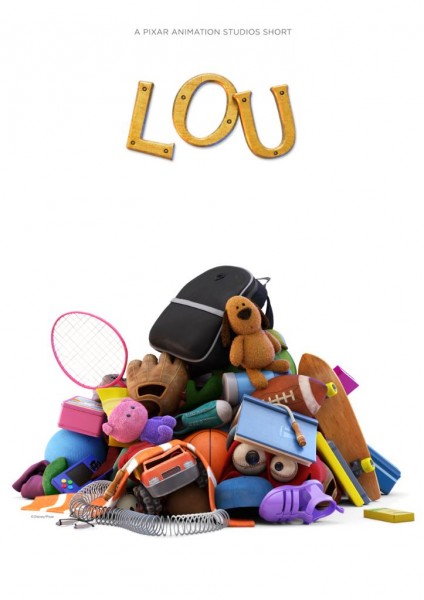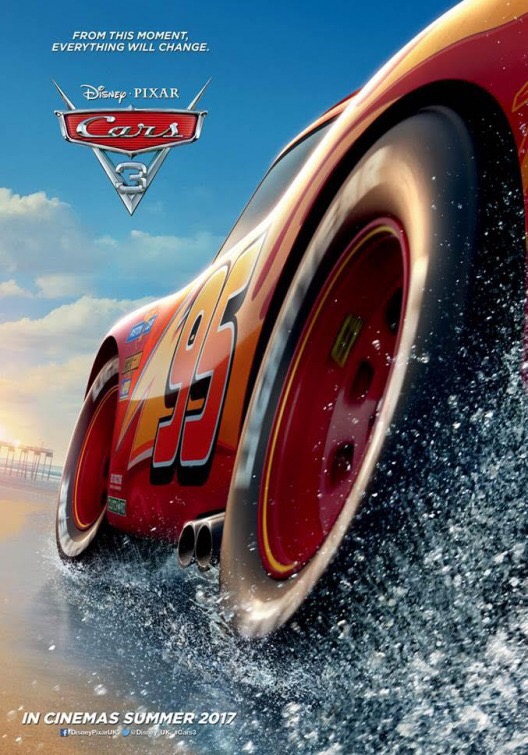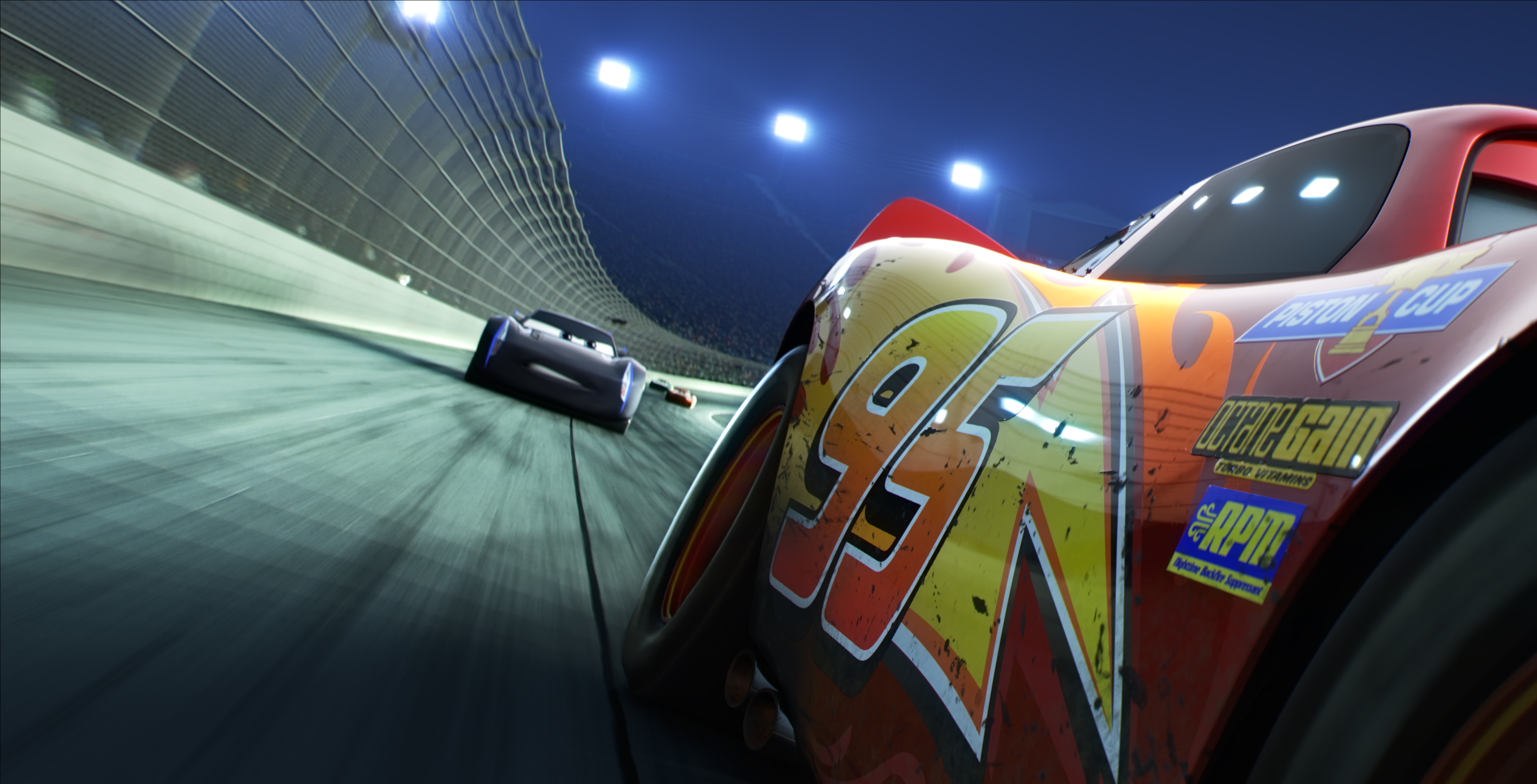What is “cinema”? In 2020, the answer to this question was turned upon its head, in ways we could never have imagined.
For me, escapism is always a key part of watching a film, and one I’ve strictly tried to enforce at home as much as possible. Yes, that means that I leave my phone out of reach when I’m watching something engrossing. It’s the only way to give yourself a chance of being transported to the world the filmmakers are crafting for you. Frankly, if you look at your phone once during a film, you’ve lost already.
More than this, for a film to stick with me for a long time, I have to feel personally and profoundly moved by what I’ve seen. It doesn’t have to completely change my life, but it has to have some kind of impact.
It can be a real joyful discovery, which happened to me when I saw Ladybird (2017) as the surprise film at the 2017 BFI London Film Festival. This was an excellent film, but the impact was doubled-down by having a story that really resonating with a time of my life that can only be described as a fork in the road – leaving home for university, which for me happening in the year the film was set. Ladybird really left its mark on me, and I was moved at the time to write a very personal review of the film.
Once I was at university, I discovered two wonderful cinemas in Nottingham. Broadway Cinema and Cafebar is somewhere I still go to, almost 20 years later. How I long to get back to that place right now! I was also drawn to The Screen Room, which was across the road on Broad Street and boasted being the smallest screen in the world. It was here that I discovered a completely different side of cinema with the likes of Napoleon Dynamite (2004) and Jim Jarmusch’s Coffee and Cigarettes (2003) showing with very limited runs. The thing that amazed me about these films, and others I watched (usually on my own), was how unlikely it was that they were being shown on the big screen at all. The former was a bizarre tale about a socially-awkward schoolchild with a very thin storyline. The latter doesn’t have a storyline at all, instead materialising in the form of 11 short vignettes. I don’t know why I sought them out, but they opened up my mind to a world of cinema beyond the generic multiplexes and their mainstream film selections.
Being deeply moved by a film is what cinephiles are looking for. That’s why we watch 100s of films a year. Eventually we find a diamond in the rough. It may not happen very often, but that’s what makes the chase even more appealing.
As we’ve largely been forced to the small screen for the last year, I have explored almost every route to discover new cinema and ways of enjoying cinema. I have streamed films directly from distributors, funnelled money into Curzon Home Cinema and MUBI, made plentiful use of recording screenings from Film 4 and Talking Pictures TV, and continued to buy physical media long beyond my wife would have preferred.
It comes as a surprise, then, that 2020’s most profound cinematic experience was via Disney Plus, on the afternoon of the last day of the year, whilst my daughter slept. Perhaps the threat of her waking up meant we were savouring every moment of the film, but it didn’t take long before we were entirely captivated.
Warning! Spoilers are found in the following sections of this article.
Soul (2020) tells the story of Joe Gardner (Jamie Joxx), a New York middle school teacher who has followed his mother’s desire for him to have a stable income rather than pursue his dreams as a jobbing jazz pianist. One day, there is an unlikely opening in an evening performance with jazz legend Dorothea Williams (Angela Bassett), which gives Joe the opportunity to finally realise his dreams. However, disaster strikes when Joe falls down a manhole and dies. He realises that he is heading slowly towards The Great Beyond. Panicking, he escapes and finds himself in The Great Before, a holding place for souls still awaiting passage to Earth, as soon as they find their spark. There he meets 22, a soul that has thus far never found her spark, despite the best, hilarious efforts of some of the greatest thinkers in the history of humanity.
What follows is a beautiful exploration of life, dreams, failures, missed opportunities and self realisation. It’s an existential triumph, and one that was perfectly timed in its release between Christmas and New Year – just when we all tend to start reflecting on our past year and what we want from the following year.
The animation is stunning. Every note of Jon Batiste’s jazz score is brought to life by what we see on screen. You can feel each press of a piano key, each blow of the saxophone. It is so good, you can almost forget to appreciate exactly how wonderful the achievement is. The high point comes in an emotional crescendo, when Joe eventually gets on stage to perform with Dorothea. It’s like nothing I’ve ever seen before, and will take anyone who has ever been to a proper New York jazz bar straight back to their seat.
To achieve something as beautiful and profound as this, and manage to get it out in a year where it’s likely most of the film staff were forced into unexpectedly isolated circumstances, is a huge achievement. For the second time this year, Disney’s timing is impeccable.
Soul is a film I am desperate to revisit, as soon as my own soul is ready.



